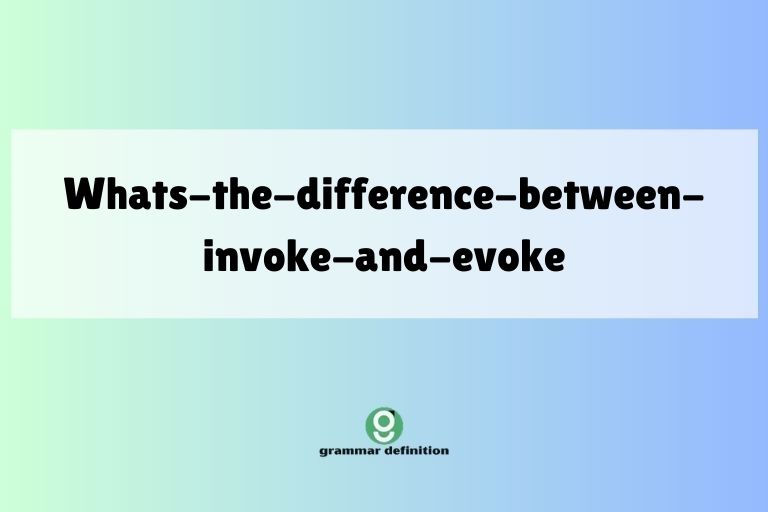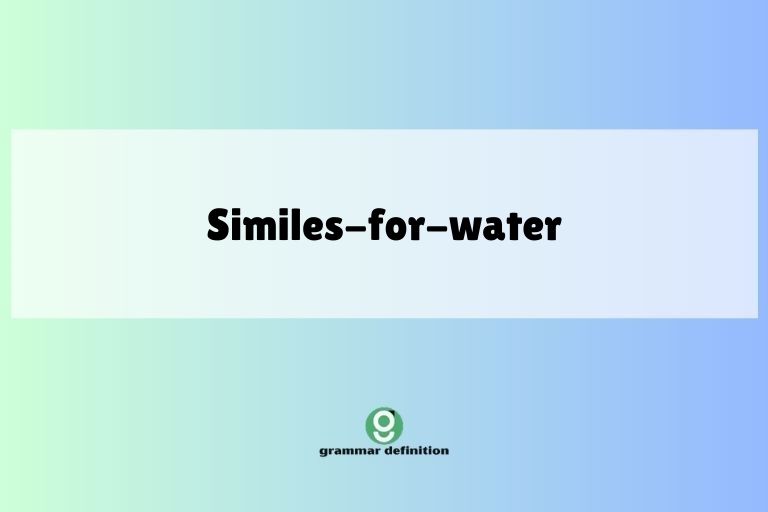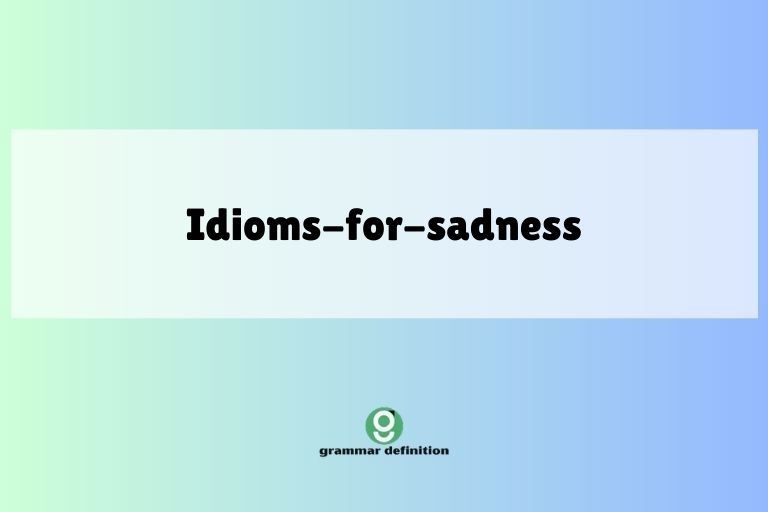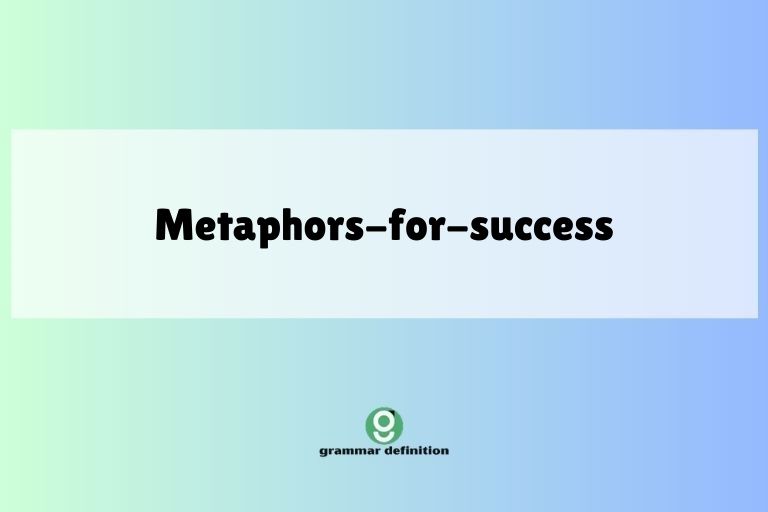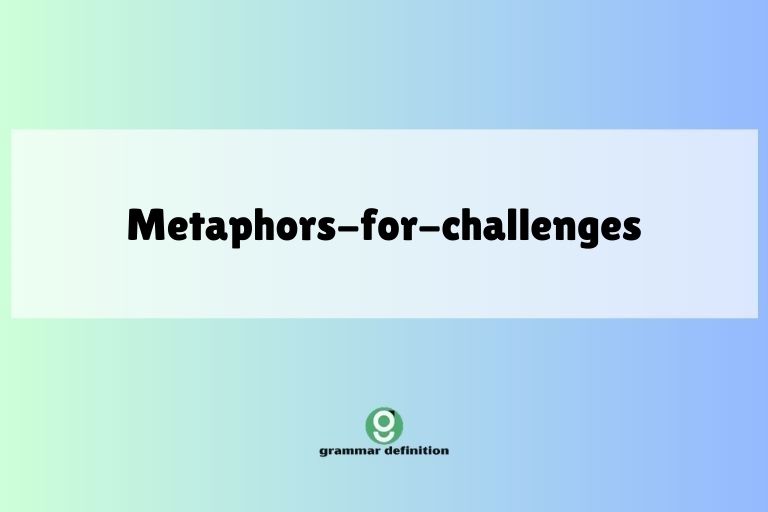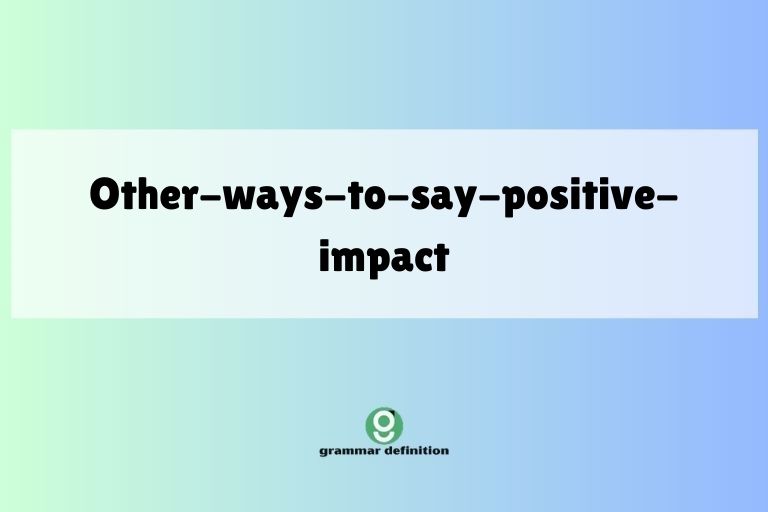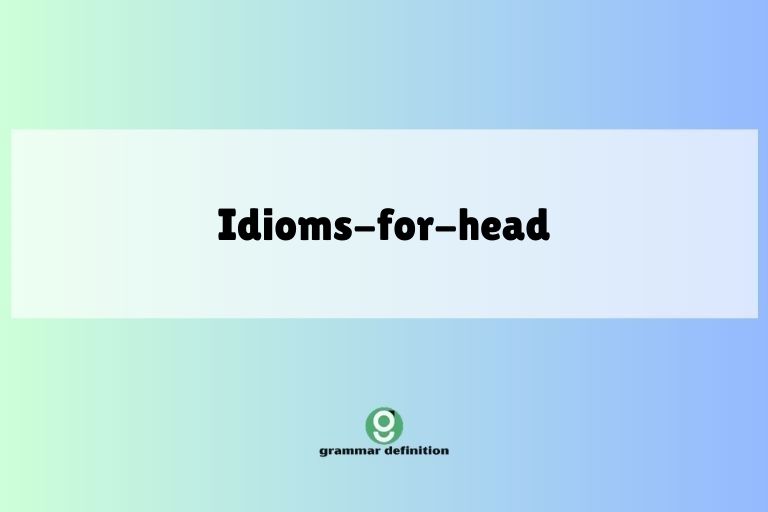Invoke vs. Evoke: Understanding the Nuances of Causation
The English language, with its rich tapestry of words, often presents us with pairs that seem deceptively similar. “Invoke” and “evoke” are two such words. While both relate to bringing something into being or calling something forth, their specific connotations and applications differ significantly. Mastering the distinction between these two words is crucial for precise … Read more

